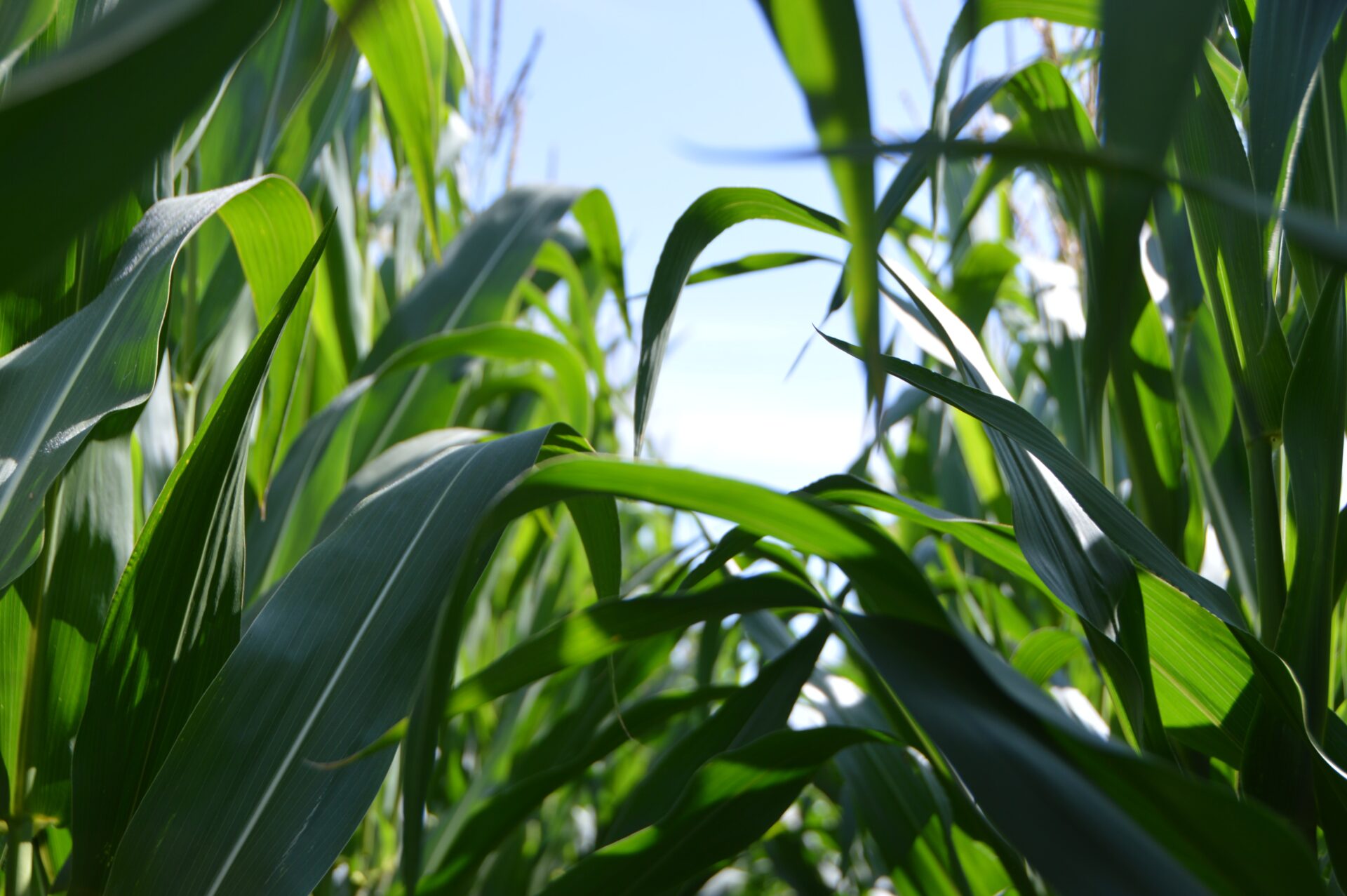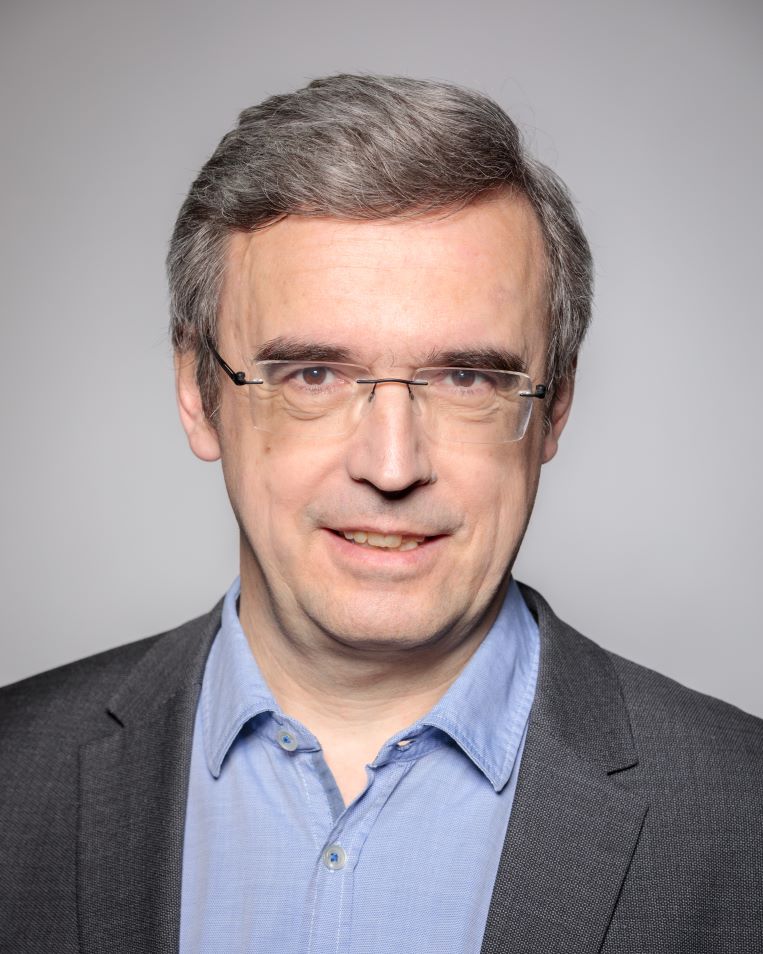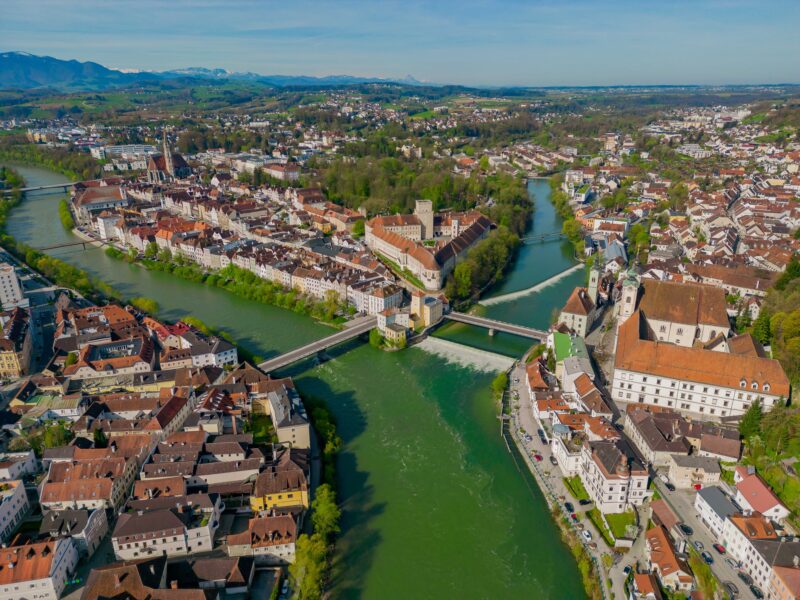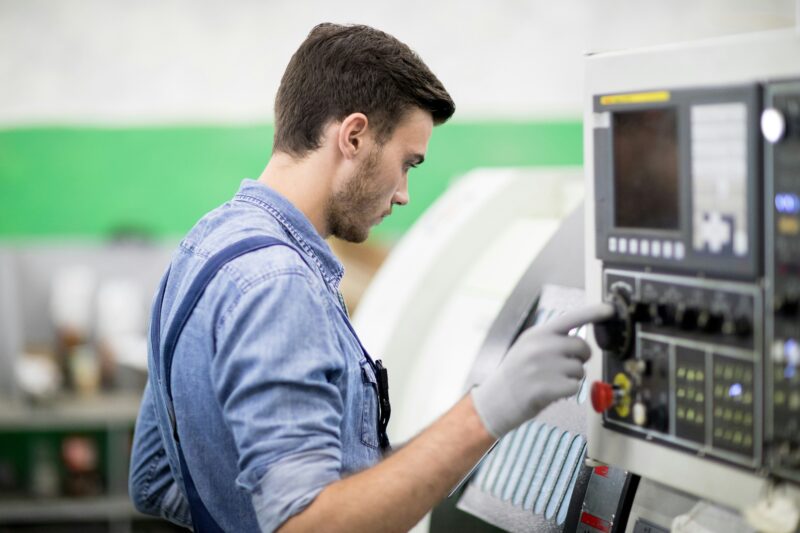
Prospects for a Bioeconomic Strategy
He reported that a decade ago the OECD had introduced the term bioeconomy into the discussion of economic policy. The aim was to show that the increased use of biomass is a way of making the economy less dependent on fossil raw materials.
Sinabell explained that in the meantime customised strategies had been developed in many countries to pursue this goal in concrete action plans. It had become evident that the substitution of fossil fuels in many countries would simply fail due to the lack of biomass.
In Austria, for example, the output of agricultural biomass has not changed for 30 years, although the population has risen by about one million inhabitants. The use of new technologies makes it possible to use existing biogenic raw materials more efficiently. However, the cost advantages of fossil raw materials explain why their use is still low.
A bioeconomic strategy must be developed in close coordination with climate change mitigation measures and measures stimulating renewable energy sources. Experience from the Netherlands shows that successful strategies focus less on organic raw materials than on technical innovations in their processing and new methods of marketing bundles of goods and services.
Please contact
























